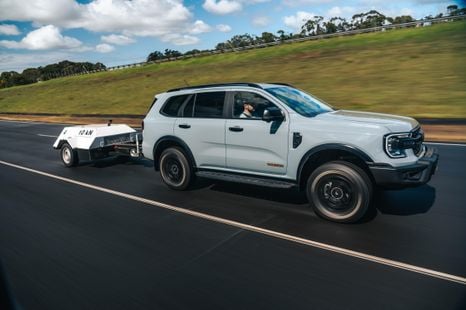

William Stopford
Which SUV should you buy for towing?
6 Hours Ago
Modelling for this report shows that EVs are now cost-competitive with conventional combustion engine cars over their 15-year lifetime.

Contributor
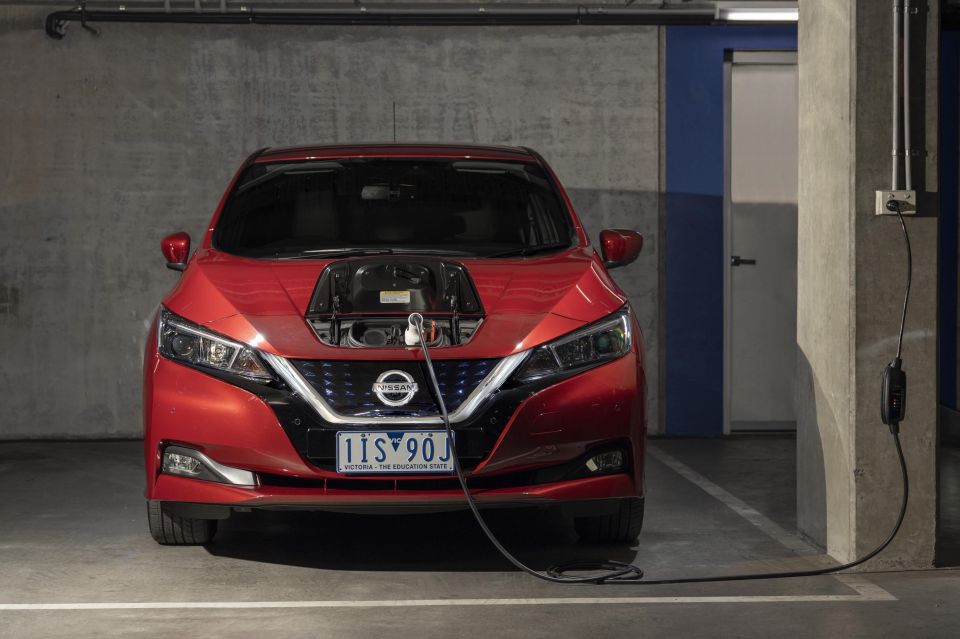

Contributor
A new report into Australia’s electric car market suggests that there’s enough demand for EV sales to triple this year over 2021’s record tally – if meagre stock levels were to permit.
The report commissioned by lender Plenti and prepared by consulting firm Accenture – using a sample size of 3000 extrapolated across the population – found there was demand in the market for nearly 60,000 EV sales here this year.
At the same time, the report also found that EVs have about reached cost parity with internal combustion engine petrol and diesel cars over their lifetime – offsetting their higher sticker prices with lower running costs.
The report also examined the financial and environmental implications of combining EVs with a rooftop solar system and battery, in the context of Australian households, which is expected to be an $8.9 billion (annual) industry by 2026.
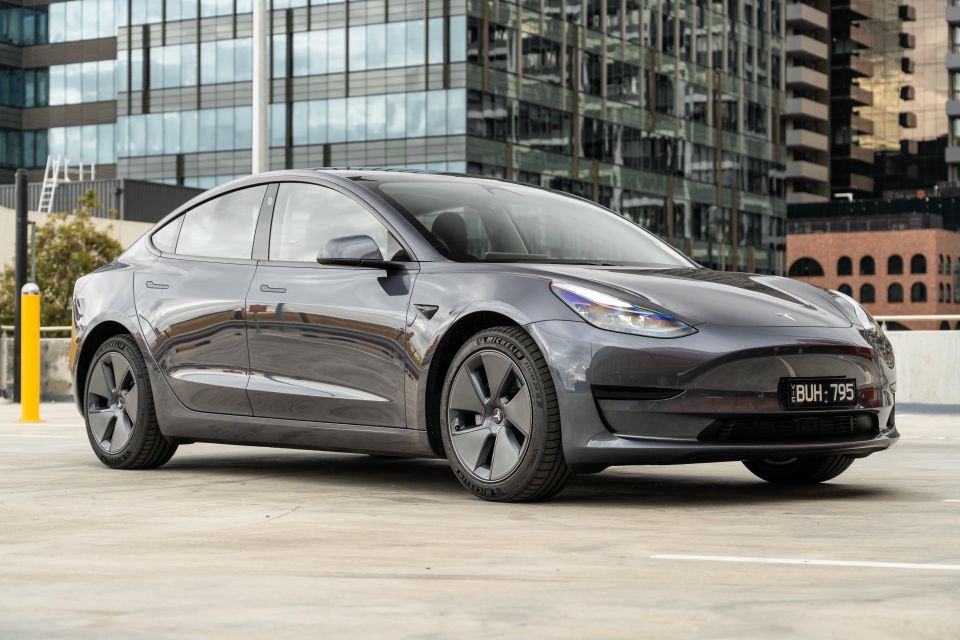
It draws upon more than 3000 responses to a survey, as well as publicly available data.
Throughout the report there were some notable projections and figures that explore Australian EV uptake and costs, as well as EV sales.
According to data projected from survey results, there is demand for 58,000 EVs to be sold during 2022. That’s up from just under 21,000 last year.
However it’s worth noting that actual EV supply is severely hampered by limited stock due to extended manufacturing times. Almost every manufacturer around the world is current grappling with the global shortage of semiconductors and COVID shutdowns in their supply chain.
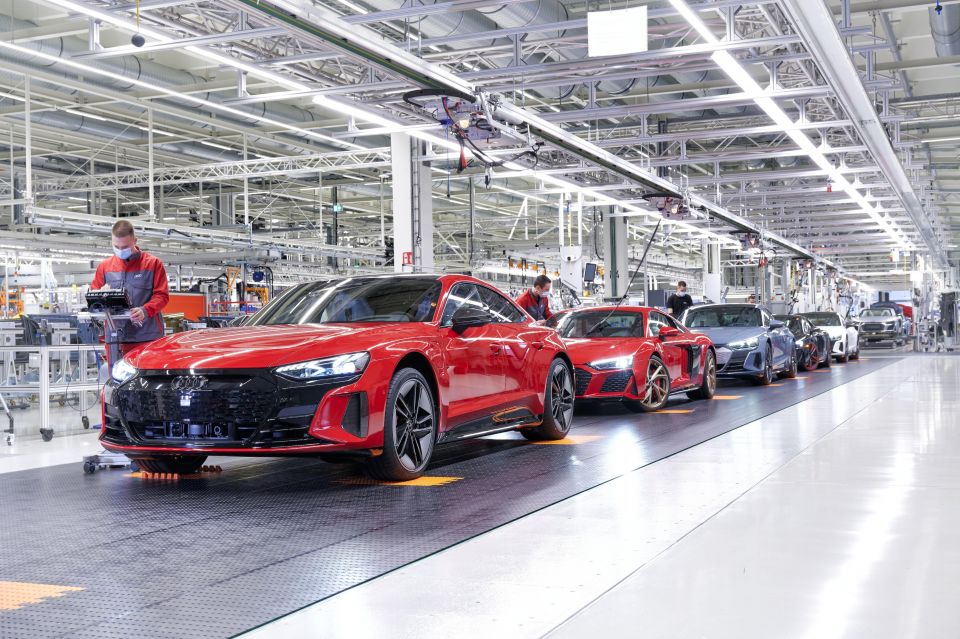
The report suggests that the average wait time for an EV in Australia is around 22 weeks, but this varies greatly by brand. When the Tesla Model Y launched last week it had an initial wait time as low as eight weeks but this has since ballooned to around 35 weeks.
This idealised 2022 EV sales figure of 58,000 would account for around 5 per cent of projected new car sales in 2022.
There were 20,665 EVs sold during 2021, according to the Electric Vehicle Council. Up to May 2022, there have been a total of 8543 EVs sold according to registration data from VFACTS.
Although this figure may seem low seeing as we’re reaching the halfway point of 2022, it’s worth noting that the 58,000 figure is purely based on demand and doesn’t take supply fully into account.
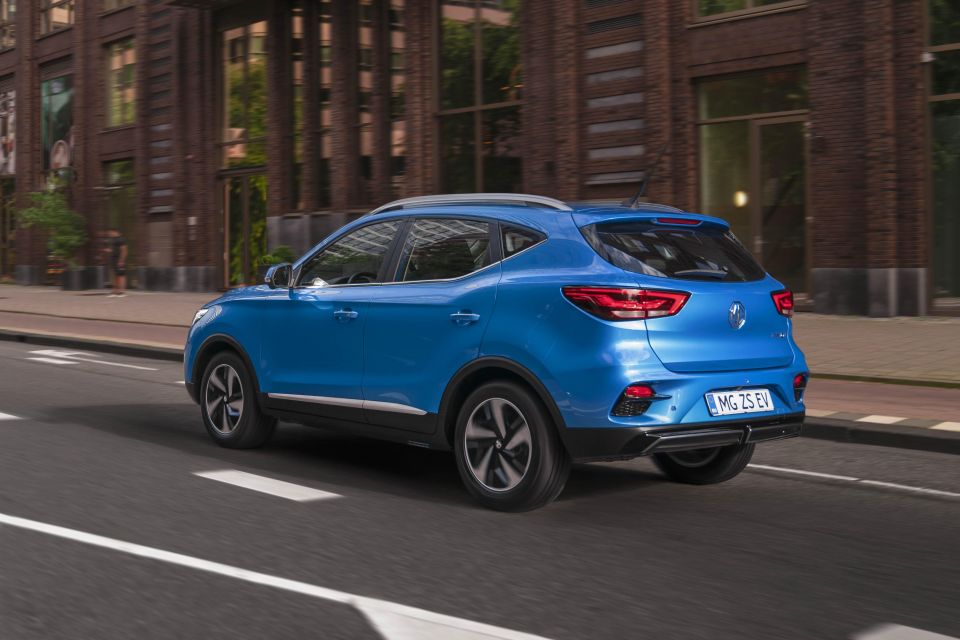
Also, Tesla sells cars in batches towards the end of each quarter, so with this in mind expect to see around 13-14,000 EVs sold up until the end of June 2022. There are also a glut of new EVs coming to the market over the next year, as detailed in our calendar here.
The broader outlook of future Australian EV sales depends on whether there is an increase in policy and financial support, says the report – something we have been seeing particularly at a State level through rebates and stamp duty waivers in the past year or so.
MORE: What electric car buyer incentives are offered across Australia?
The report projects that EV sales could grow by 6.5 times by 2026 with the right policy framework, which would yield a $7.5 billion market.
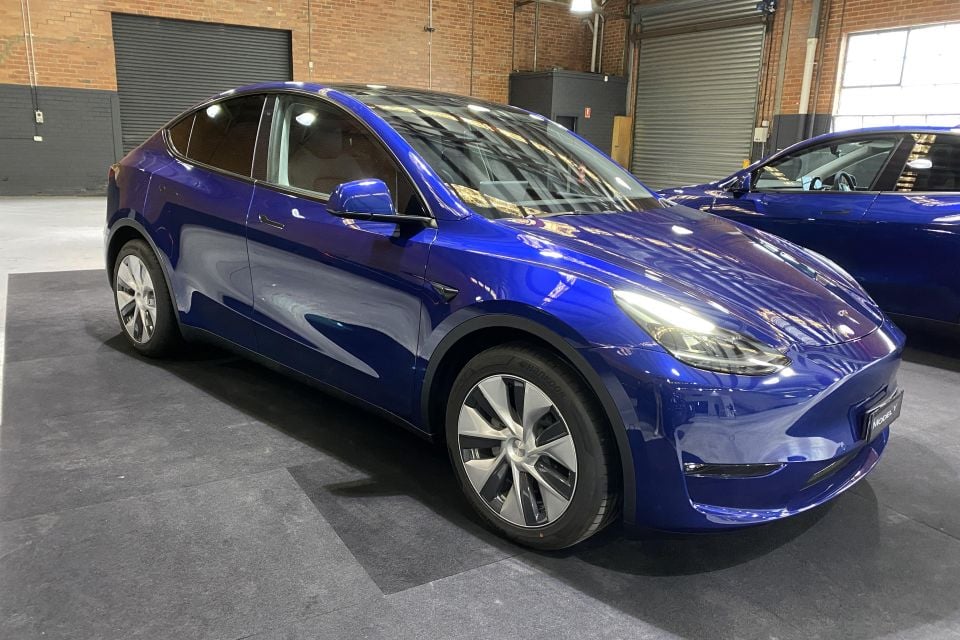
The last Federal Government previously announced its $250 million Future Fuels and Vehicle Strategy, of which $178 million would be used to rollout 50,000 charging stations across Australia.
It’s worth noting the Australian Government hasn’t announced any subsidies or similar incentives for the purchase of EVs, nor has it answered the car industry’s request for firm emissions-reduction targets as outlined here, to bolster intake.
The report also touches on how EVs are coming into parity with ICE cars over their lifetime.
One example scenario given compares “mid-range” EVs and ICE cars and found the overall cost after 15 years almost the same.
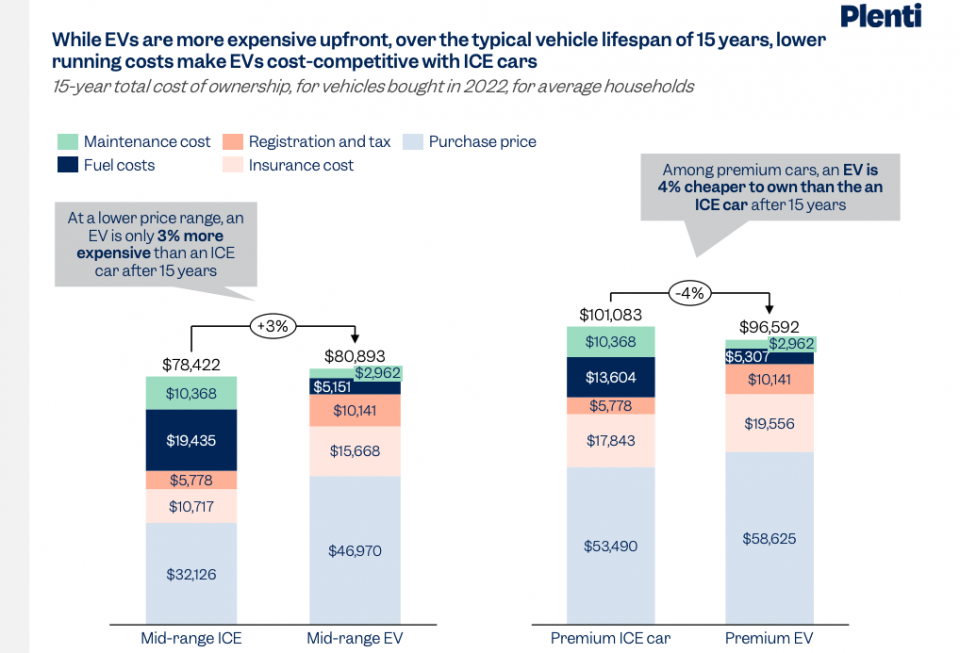
The mid-range ICE in this scenario cost $32,126 compared to a price of $46,970 for an equivalent size EV (in this instance seemingly the Hyundai Ioniq EV, including a $3000 State rebate).
The cost difference is a steep circa $15,000 in this example, but the combined lower registration and tax costs, far lower fuel costs, and cheaper maintenance narrowed the gap to about $2500 after this theoretical ownership period – and that includes the higher cost of insuring the EV.
Over the same 15-year timeframe, a new ‘premium EV’ (purchase price of $58,625, so hardly premium in reality) is projected to cost a total of $96,592 while a new ‘premium ICE’ car (purchase price $53,490) is projected to cost $101,083.
Thus the so-called ‘premium EV’ is actually around 4 per cent cheaper to own than a ‘premium ICE’ car after 15 years, according to the study.
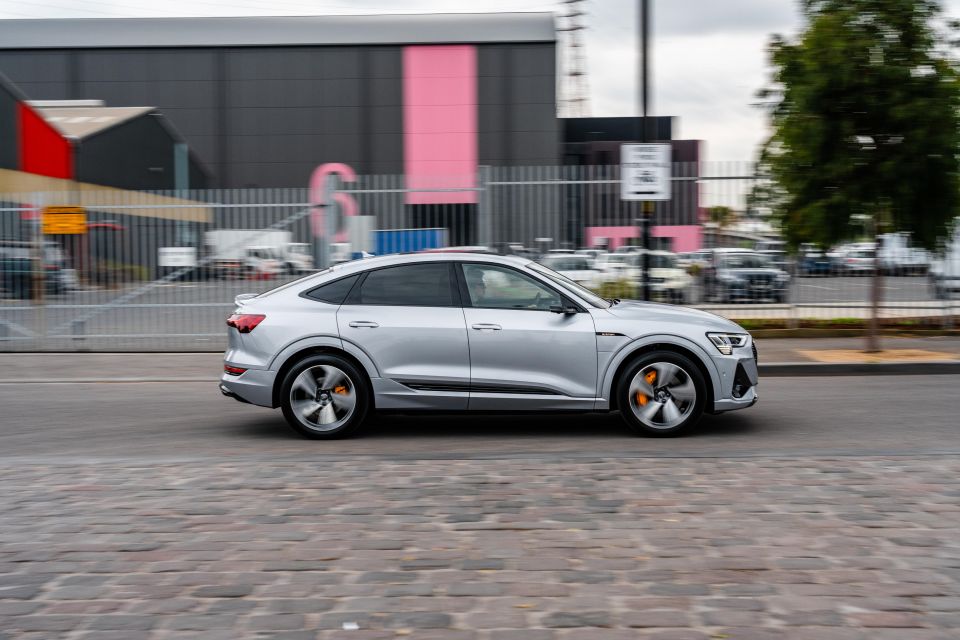
These figures will of course chop and change as things like oil and electricity prices fluctuate.
According to the survey, Australian consumers’ concern for EVs centre around affordability and range anxiety.
A claimed 67 per cent of survey respondents consider access to charging on the road as a barrier to EV uptake, whereas 65 per cent cite high EV prices, and 56 per cent indicate limited travel range.
Plenti Group is an Australian-based financial firm that was established in 2014 and offers loans in the automotive, renewable energy and personal loan fields.
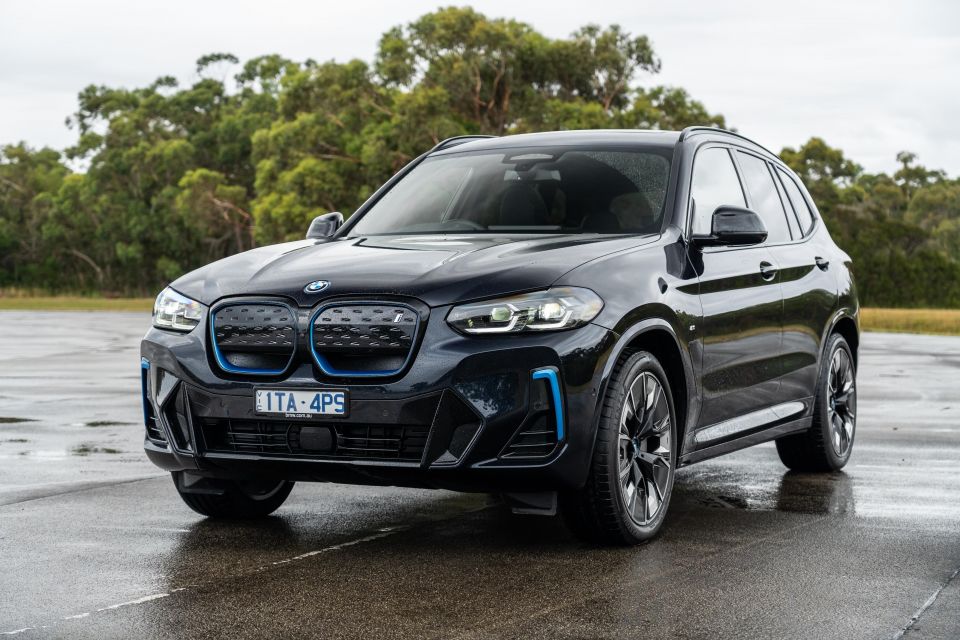
Accenture on the other hand is an Irish-based information technology (IT) and consultancy firm that conducts case studies and research for a wide range of clients from around the world.
MORE: Government to fund electric car infrastructure, won’t offer subsidies MORE: VFACTS: May 2022 car sales figures MORE: Tesla Australia overstated 2021 sales, says EV Council
Jack Quick is an automotive journalist based in Melbourne. Jack studied journalism and photography at Deakin University in Burwood, and previously represented the university in dance nationally. In his spare time, he loves to pump Charli XCX and play a bit of Grand Theft Auto. He’s also the proud owner of a blue, manual 2020 Suzuki Jimny.


William Stopford
6 Hours Ago
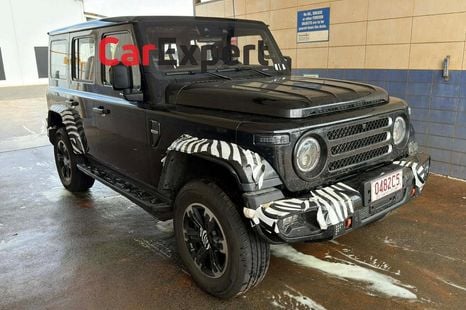

William Stopford
6 Hours Ago
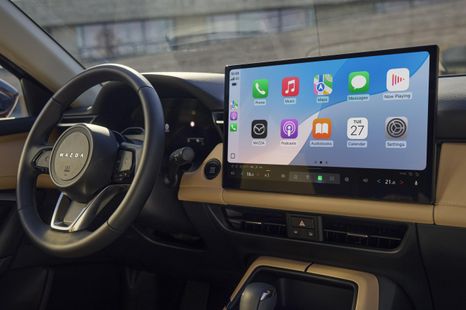

Derek Fung
6 Hours Ago
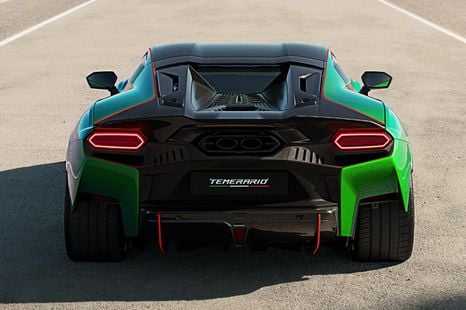

Anthony Crawford
6 Hours Ago
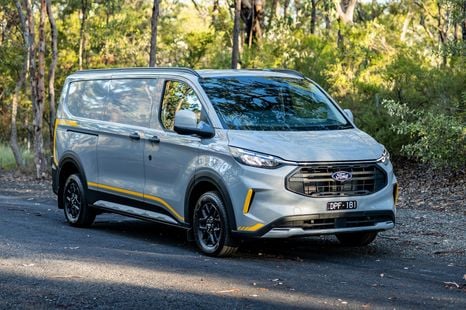

Matt Campbell
14 Hours Ago
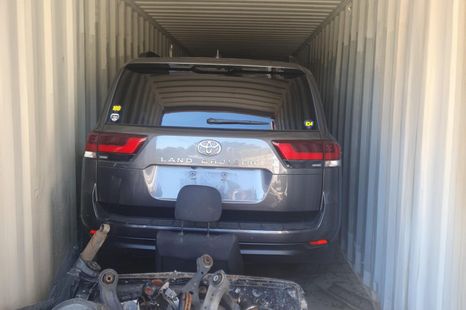

Damion Smy
1 Day Ago
Add CarExpert as a Preferred Source on Google so your search results prioritise writing by actual experts, not AI.